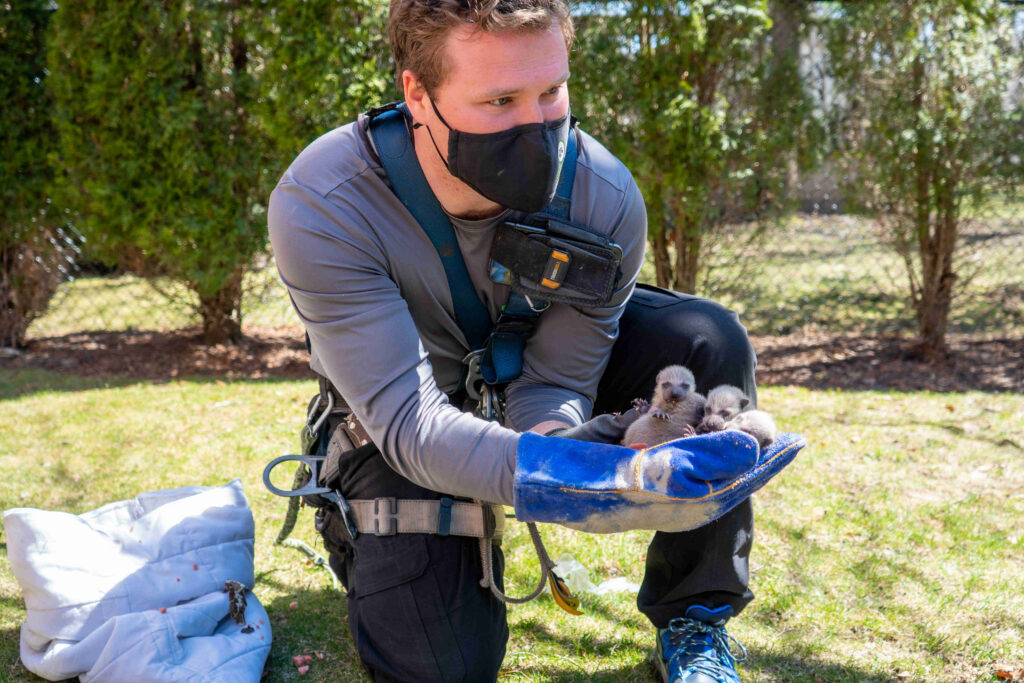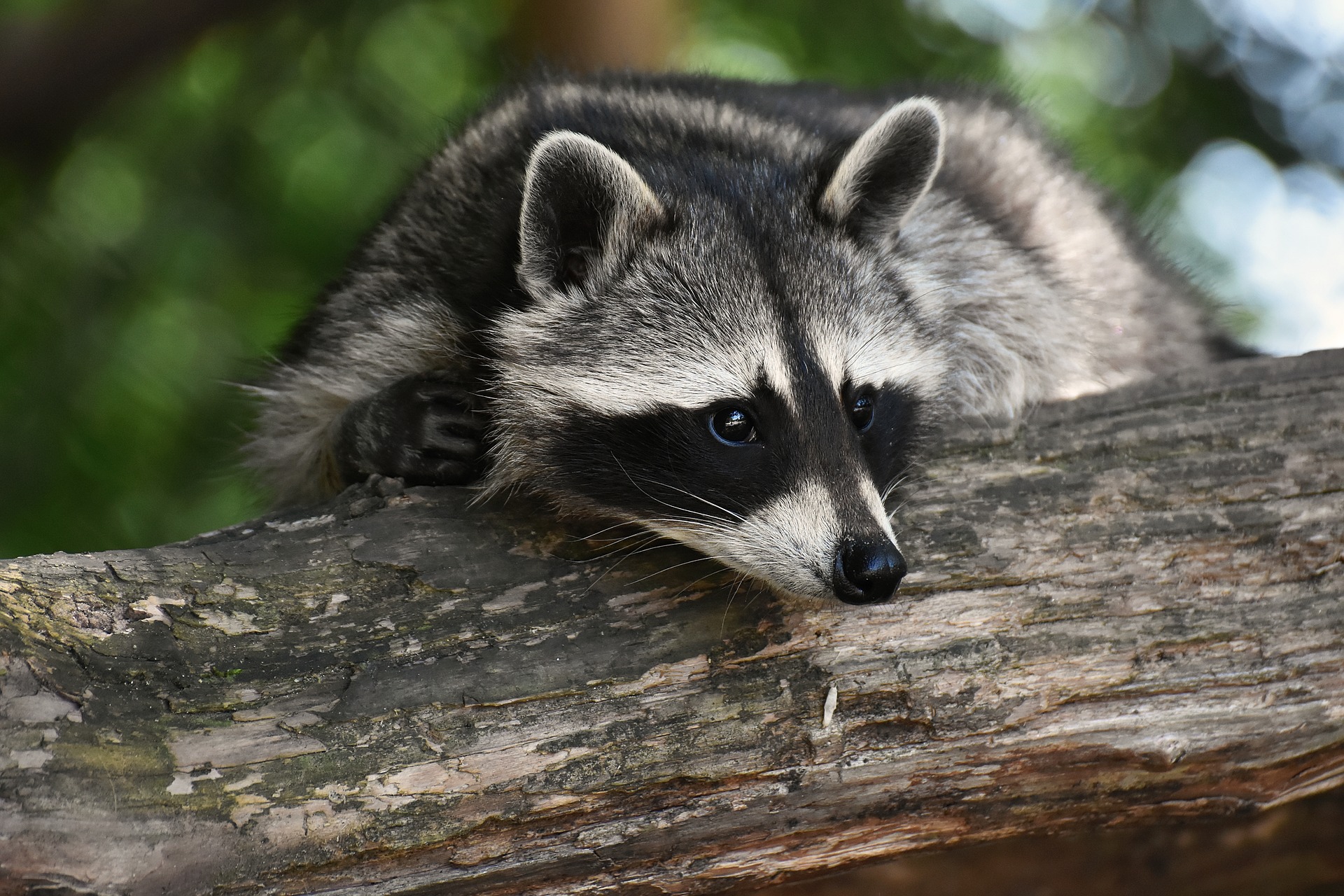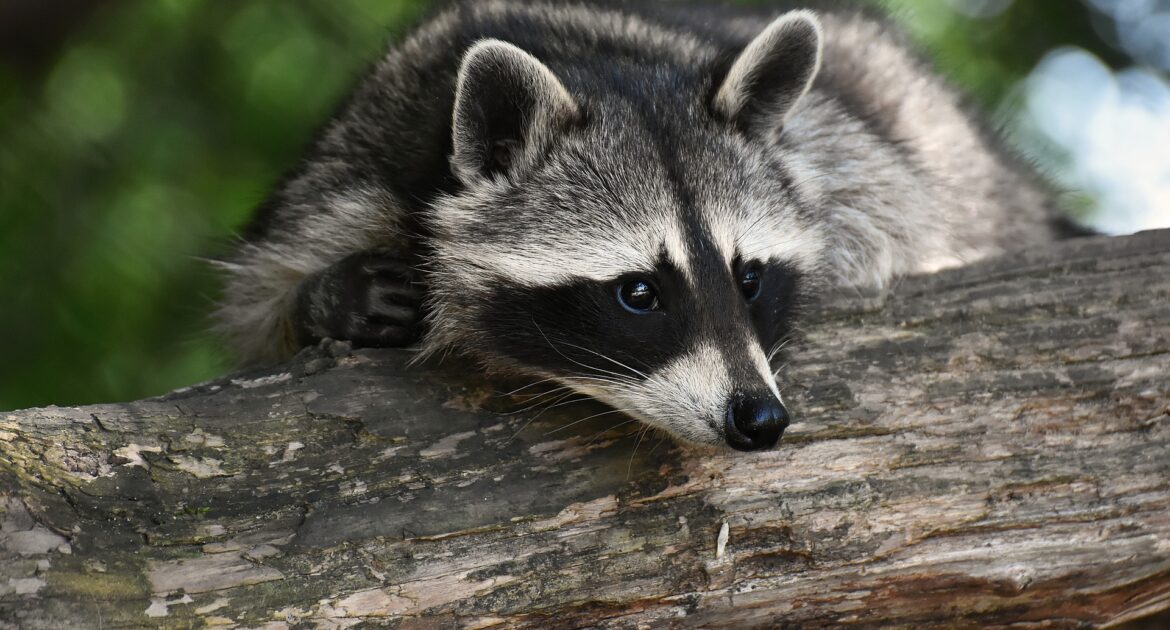Raccoons are nocturnal critters. They need shelter during the day. Unfortunately, many property owners, especially those with barns, may find the animals nesting on their land. According to experts in raccoon removal in Vaughan, barns and similar structures make perfect dens or hiding spaces for raccoons.
While your barn may make an ideal location for a raccoon to set up a den, there are things you can do to prevent your space from becoming a home to wildlife. To maintain a raccoon-free space, property owners need to understand what attracts the animal to their property.
Understanding What Attracts Raccoons To Your Barn
Every living thing needs a minimum of three things to survive: food, water, and shelter. Your barn offers everything a raccoon needs.
As scavengers, raccoons are not picky eaters. The animal will dig through the trash to find a suitable meal. A barn may have leftover feed on the floor that offers enough nutrition. Also, if you store feed in the barn, the animal may find ways to access it — raccoons are persistent.
Owners of barns typically leave water out for the animals residing in the space. Unfortunately, an open water source is perfect for a thirsty raccoon. The animal will often compete with your livestock for water. If a raccoon shares a water source with farm animals, it may increase the risk of disease because raccoons are known carriers of several diseases.
Finally, your barn offers a pre-made shelter. While raccoons can create their own dens, they will happily move into a ready-made home.
Learning About What Damages Are Common With Raccoons
If raccoons nest in your barn, you can expect damage to follow. From urine and feces to chewed beams and wires, raccoons are destructive.
When a barn owner does nothing to remove or stop the intrusion of raccoons, the animals can cause irreparable damage to the structure. If you know raccoons are living in your space, you must learn how to get rid of raccoons for good to properly protect it. If your barn is not yet home to the bandit-looking critters, you must learn how to keep it that way.
How To Prevent Raccoons From Invading Your Barn
Raccoons abound in Canadian cities and rural communities. Protecting your property and barn against invasion is about maintenance and diligence.
The number one thing all barn owners can do is ensure all feed storage is secure. Store extra food in airtight bins and behind locked doors.
Also, store all garbage on the property in proper bins. Ensure all trash cans have securely fitting lids.
Perform routine structure maintenance for the barn. At least once per year, hire a professional to inspect the roofline and the structure’s foundation, ensuring there are no holes or potential entry points. When you lock up the barn for the evening, nothing should be able to get inside with your animals.
How To Remove Raccoons Once They’ve Taken Up Residence

If raccoons somehow make it inside your barn despite your efforts — don’t worry, it happens — you should never attempt to remove the animal yourself. Raccoons can carry several diseases that are transmissible to humans.
Call a professional and humane removal service. The company will send a qualified team of wildlife technicians to assess the situation and determine the safest and most effective removal or exclusion solution. Also, a full-service company will follow removal with cleanup, ensuring your property is safe for you and your animals.
There is no reason to worry about how to get rid of raccoons if the animals are in your barn. The solution to your problem is simple. Contact Skedaddle Humane Wildlife Control in Vaughan and schedule a property assessment.




